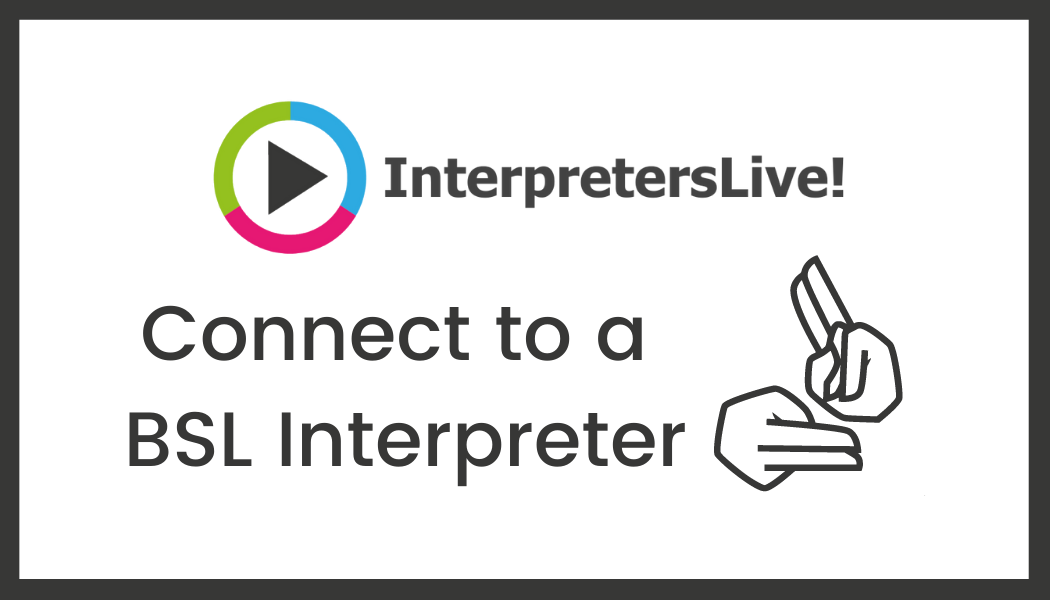
Finding the right talent for your sports company isn’t easy. Particularly in today’s market. In the last few years, the number of organisations searching for candidates has increased, and while available, skilled professionals have grown scarcer.
According to research presented by Korn Ferry, by 2030, around 85 million roles could go unfilled, simply because there aren’t enough skilled people out there to take them. At the same time, employees are becoming a lot more discerning about where they choose to work.
With endless positions now available for virtually every job role, candidates can afford to be more particular about things like company culture, benefits, and even employer branding. If you want to attract, engage, and retain the best people for your team, it could be time to update your strategy.
Here are several steps to get you started.
1. Refine Your Employer Brand
Your employer brand is what separates your company from all of the other best sports organisations competing for the same talent. It’s how you ensure you appeal to your candidates with excellent salary and benefit options, a sense of meaning, and shared values.
It is well recognised that employer branding is essential to success in today’s hiring landscape. Yet countless companies are still struggling to position themselves effectively in front of the right candidates. So, what do you need to do?
Start by defining what makes people actually want to work with you. Ask your team members what convinced them to stick with your business over the years.
- Do you have a diversity and inclusion strategy that supports your team?
- Various excellent opportunities for development and growth?
- Maybe you show more empathy and support to your team than most brands, reducing the risk of burnout.
Once you know what makes you special, highlight this to your recruiting partner, put it on your website, in job descriptions, and in the content, you share across social media.
2. Work on Your Digital Presence
Having a great employer brand is fantastic when you want to attract top diverse talent, but it can’t deliver results unless you’re also positioning your branding in front of the right people. A strong digital presence is essential for any business in today’s landscape.
After all, around 79% of job seekers are using social media in their job search today, and countless candidates also use the web to search for reviews and insights into the company culture of an employer they are considering joining.
Make sure your website offers a behind-the-scenes view of everything you do as a company. Outline your values, mission statement and culture. At the same time, it’s worth making sure your careers page is optimized for diversity. Glassdoor found that 67% of job seekers see diversity as an important factor when considering companies and job offers. As a result, If your organisation is committed to EDI in the business, then be sure to shout about it.
3. Utilise Your Existing Employees
Your current staff members aren’t just crucial to the performance of your business when it comes to making sales and generating revenue. They can also help you to attract new diverse talent.
Give your employees a voice that provides potential candidates with insights into your company culture and the experiences you offer. Share stories about your staff member’s achievements on your website and social media pages. Ask team members to share links to your recent job postings when they’re active online, to help expand your reach.
4. Update Your Hiring Strategy with a Focus on Candidate Care
While the priorities of each professional in the current sports landscape can vary from one candidate to the next, virtually all job seekers are searching for one thing: empathy. They want to see evidence the employer they work with is going to keep their best interests in mind.
Show your candidates you’re going to deliver the right level of support, by implementing strategies for better candidate care into your hiring process. Think about how you can make interviews more accommodating by providing information about the interview in advance and creating structured interviews to eliminate bias. Ask yourself how you can engage with diverse candidates, by using specialist job boards within the hiring process. This could be useful if you have diversity quotas.
Remember to implement ways of staying consistently connected with your candidates throughout the hiring process too. Regular communication and personalised feedback are key to a good candidate experience.
5. Update Your Job Descriptions
Your job descriptions are one of the first things potential candidates will examine when deciding whether they want to work with you. With this in mind, it’s important to ensure you’re conveying the right information. Don’t make the mistake of putting off talented diverse employees by listing too many unnecessary or “preferred” skills.
Highlight only the characteristics and qualities you know you’re going to need most. At the same time, make sure you’re avoiding any language in your descriptions that may show unintentional bias towards a specific audience.
When writing your descriptions, don’t forget to showcase reasons why your candidates might want to work for you. Draw attention to your unique company culture, your salary package, and even the available training opportunities in place.
6. Work With A Specialist Recruitment Company
An EDI recruitment partner could be the most powerful tool you have in your arsenal when it comes to attracting new diverse talent. Not only will they help to position your business in front of the right candidates across a multitude of job boards, social media channels, and in-person events, but they can also help you to build a comprehensive talent pipeline.
That’s where Level= comes in. We focus on attracting skilled and diverse talent by creating inclusive job descriptions and engaging with diverse communities, social media groups, etc.
But it’s not just about attracting the right candidates – it’s also about creating a level playing field for them. Instead of screening CVs, we redact all key identifiable information in favour of using work samples that test candidates on the skills needed to succeed in a role.
We also use a tech platform that anonymizes and randomizes answers, ensuring that the selection process is fair and unbiased. If you are looking for a better way to recruit top talent, find out here how together we can build a better, more diverse and more productive workforce.
Improve your Chances of Attracting Talent
Most business leaders know that talent in the sports space is valuable but scarce. However, the unfortunate truth according to data from McKinsey is around 82% of people don’t feel they’re prepared to hire and recruit talented staff. Updating your hiring strategy with the steps above should improve your chances of attracting the right talent in today’s competitive landscape.
Remember, if you’re looking for an extra boost, the best strategy may be to start working with a talent acquisition company like Level= to expand your reach and unlock new opportunities.




